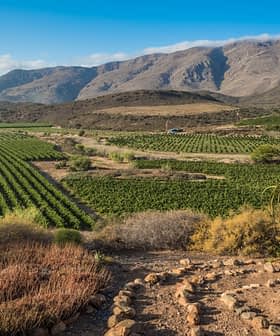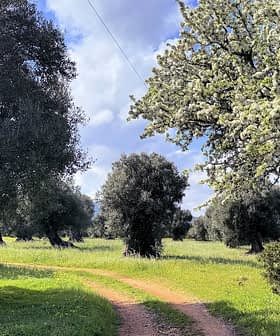From Planet-Score and Foundation Earth to a modified Nutri-Score climate label, the number of labels meant to show foods’ environmental impact has increased rapidly in recent years.
The commission estimates that more than 230 labels purportedly allow consumers to compare the environmental impact of everything they buy. However, critics say many labels are based on weak verification systems, enabling large-scale greenwashing.
Greenwashing
Greenwashing refers to the practice of making misleading or false claims about the environmental benefits of a product, service, or company in order to make it appear more environmentally friendly than it really is. Greenwashing is a form of deception and is often criticized for undermining the efforts of genuine environmental activists and organizations.
Now, the European Commission has proposed two measures to limit which schemes may be introduced into the market and block others entirely.
The first says that new eco-labels created by private companies must show higher environmental ambition than existing eco-labels to receive approval from member state governments.
See Also:Organic Producers Take Eco-Score Labels to CourtThe second bans eco-labels introduced by national or regional public entities, except for public schemes developed at the European Union level. The commission is already working on its own sustainable food label.
The commission arrived at its conclusions after an investigation of 232 existing eco-labels found that more than half of the labels either had weak verification methods to check whether food products were as sustainable as the labels claimed or none at all.
Commission investigators also said that many eco-labels were confusing, with some relying on self-certification from the companies producing the food without explicitly saying so.
However, critics of the European Commission’s new rules said it might stifle innovation and lead consumers to distrust all eco-labels, including the most legitimate ones that follow best practices.
Before either Green Claims Directives become law, they must first be approved by the European Parliament and Council of the European Union.
The decision for more strict regulation of eco-labels comes as the commission also introduces plans to eliminate vague, misleading and unsubstantiated environmental claims from food packaging.
According to Frans Timmermans, the commission’s first vice president and executive vice president for the European Green Deal, claims such as ‘bee-friendly juices’ or ‘carbon-neutral bananas’ are made with “no evidence or justification whatsoever.”
He said this allows large companies with complex supply chains to muddy the waters while disadvantaging companies that produce sustainable products.
“Many Europeans want to contribute to a more sustainable world through their purchases,” he said. “They need to be able to trust the claims made. With his proposal, we give consumers the reassurance that when something is sold as green, it is actually green.”
A separate commission investigation from 2020 found that 53 percent of examined environmental claims from food products across the European Union were vague, misleading or unfounded. Forty percent of the claims were unsubstantiated.
The European Consumer Organization has welcomed the commission’s moves to crack down on greenwashing through food labeling.
“Preventing the problem instead of correcting it once the harm is done is an innovative move which will benefit consumers, who want to act sustainably and need reliable information to do so,” said Monique Goyens, the organization’s director general.
“Authorities will have to heavily fine companies to clean up the market from misleading green claims and labels once and for all,” she concluded.









